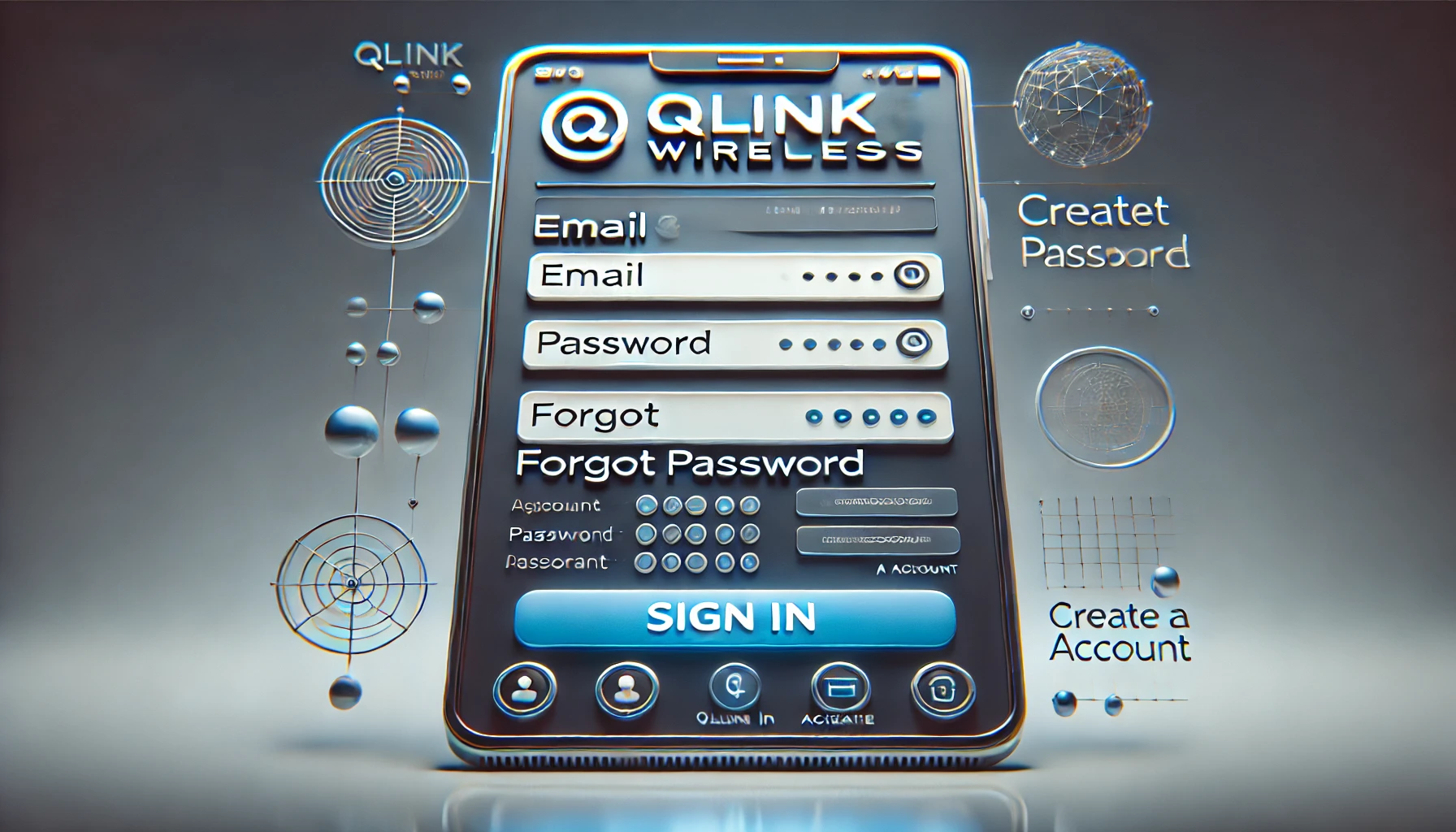In today’s rapidly evolving digital landscape, security and efficiency have become paramount concerns for individuals and organizations alike. One technological advancement addressing these concerns is the implementation of 1324hwkeys. These hardware keys play a crucial role in safeguarding sensitive information and streamlining user interactions across various platforms.
Understanding 1324hwkeys
At its core, 1324hwkeys refers to a specialized set of hardware keys designed to enhance security and user efficiency in digital environments. These keys function as physical authentication devices, granting access to systems, encrypting data, and ensuring that only authorized users can interact with protected resources. By integrating 1324hwkeys into their security protocols, organizations can significantly reduce the risk of unauthorized access and data breaches.
The Evolution of 1324hwkeys
The concept of hardware-based security is not new; however, the development of 1324hwkeys represents a significant leap forward in this domain. Over time, advancements in cryptographic techniques and hardware design have transformed them into sophisticated tools capable of handling complex security tasks. Modern 1324hwkeys now offer features such as multi-factor authentication, seamless integration with various operating systems, and support for a wide range of applications.
Key Features
It come equipped with a variety of features that make them indispensable in today’s security landscape:
-
Advanced Encryption: Utilizing cutting-edge cryptographic algorithms, these keys ensure that data remains secure during transmission and storage.
-
Multi-Factor Authentication (MFA): By requiring both the physical key and a secondary form of verification, such as a password or biometric data, 1324hwkeys provide an added layer of security.
-
Cross-Platform Compatibility: Designed to work seamlessly across different operating systems and devices, they offer flexibility for users in diverse environments.
-
User-Friendly Interface: With plug-and-play functionality, users can easily set up and manage their 1324hwkeys without extensive technical knowledge.
Applications of 1324hwkeys
The versatility of it allows them to be employed in various sectors:
-
Enterprise Security: Businesses utilize these keys to protect sensitive corporate data, ensuring that only authorized personnel have access to critical systems.
-
Personal Data Protection: Individuals can safeguard personal information, such as emails and financial records, from unauthorized access.
-
Secure Online Transactions: E-commerce platforms and financial institutions employ 1324hwkeys to authenticate transactions, reducing the risk of fraud.
-
Government and Defense: Agencies handling classified information rely on hardware-based security measures to maintain the integrity and confidentiality of their data.
Benefits of Implementing 1324hwkeys
Adopting it offers numerous advantages:
-
Enhanced Security: The physical nature of the keys makes unauthorized duplication or access exceedingly difficult.
-
Improved Efficiency: Automating authentication processes reduces the time users spend managing passwords and security protocols.
-
Reduced Reliance on Passwords: With hardware keys, the need for complex passwords diminishes, simplifying the user experience.
-
Cost Savings: Preventing data breaches and unauthorized access can save organizations significant financial resources associated with remediation efforts.
Challenges and Considerations
While it offer substantial benefits, it is essential to consider potential challenges:
-
Compatibility Issues: Ensuring that the hardware keys are compatible with all systems and devices in use is crucial for seamless integration.
-
User Adoption: Educating users on the importance and functionality of 1324hwkeys is necessary to achieve widespread acceptance and utilization.
-
Physical Security: As tangible objects, hardware keys must be protected against loss or theft, which could compromise security.
Future Prospects of 1324hwkeys
The trajectory of it points towards increased adoption and innovation:
-
Integration with Emerging Technologies: As the Internet of Things (IoT) expands, 1324hwkeys are poised to play a vital role in securing interconnected devices.
-
Advancements in Biometric Authentication: Combining hardware keys with biometric data can offer even more robust security solutions.
-
Wider Industry Acceptance: Various sectors are recognizing the value of hardware-based security, leading to broader implementation of 1324hwkeys.
Also read: invest1now.com Best Investments: Top Opportunities for 2025
Conclusion
In an era where digital threats are increasingly sophisticated, implementing robust security measures is imperative. It provide a reliable and efficient solution to protect sensitive information and ensure that only authorized users have access to critical systems. By understanding their features, applications, and benefits, individuals and organizations can make informed decisions about integrating these hardware keys into their security protocols, thereby enhancing both security and operational efficiency.
FAQs
1. What is 1324hwkeys used for?
1324hwkeys is a hardware-based authentication device used for securing digital access, encrypting data, and preventing unauthorized logins.
2. How does 1324hwkeys enhance cybersecurity?
It provides multi-factor authentication (MFA), advanced encryption, and physical security, making it difficult for hackers to gain unauthorized access.
3. Can 1324hwkeys be used on multiple devices?
Yes, it is compatible with multiple operating systems and devices, allowing users to secure accounts across different platforms.
4. What should I do if I lose my 1324hwkey?
If lost, immediately revoke access, use a backup authentication method, and notify system administrators if used in an organization.
5. Is 1324hwkeys better than traditional passwords?
Yes, it offers stronger security than passwords by requiring physical possession of the key, reducing the risk of hacks and phishing attacks.





